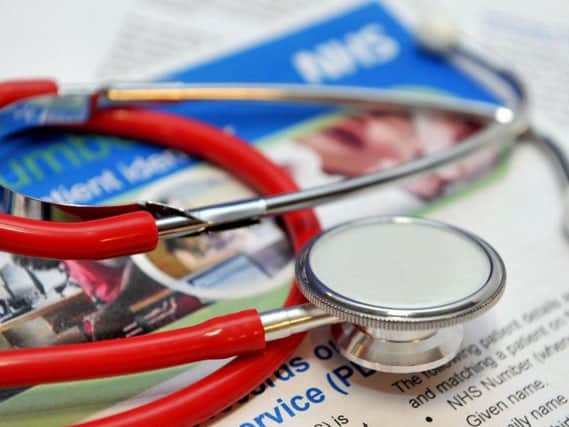Advances in technology 'could mean cancer surgery no longer needed'


The Commission on the Future of Surgery said advances in robotics and genomics would be a “watershed moment”, making surgery safer and less traumatic for millions of patients.
A report, published today, says new robots coming out on the market in the next few years will make surgery safer.
Advertisement
Hide AdAdvertisement
Hide AdPatients could “confidently” expect surgery to become less invasive and more personalised, with faster recovery times and a lower risk of harm.
The commission’s chairman, Richard Kerr, said the sector was “on the cusp” of a digital revolution that could dramatically improve patient care.
He added: “The changes are expected to affect every type of operation – this will be a watershed moment in surgery.
“We will be able to act early and tailor surgery to the needs of individual patients, and therefore likely operating on patients who are otherwise well.”
Advertisement
Hide AdAdvertisement
Hide AdThe report said that breakthroughs in genomics will make it easier to diagnose cancers and diseases and reduce the need for intrusive biopsies.
This would cut the need to perform major surgeries, such as removing organs affected by cancer, by allowing surgeons to pinpoint tumours through the use of targeted chemotherapy and radiotherapy as well as robots and nanotechnology.
New robots expected in 2019 will be smaller and lighter which will make it easier for them to move between theatres and hospitals and make robot-assisted surgery more accessible.
Highly trained staff could perform routine parts of operations with the assistance of robots, with surgeons free to do very specialised procedures.
Advertisement
Hide AdAdvertisement
Hide AdThe commission said robots will be more commonly used in gynaecological, colorectal and cardiothoracic surgeries.
It said trained surgical technicians could potentially perform endoscopy and endoscopic biopsies, removing skin lesions and even carrying out caesarean sections under the supervision of a surgeon.
However, commission member Professor Dion Morton stressed there would always be a need for surgeons capable of performing major operations.
He said: “These big, set-piece, operations will become less common as we are able to intervene earlier and use more moderate interventions.”
Advertisement
Hide AdAdvertisement
Hide AdThe commission was set up in 2017 by the Royal College of Surgeons to investigate how technology will change the sector over the next two decades.
The authors also said scientific advances will make it easier to operate on older and frailer patients because surgery will be less traumatic.
However, there were also moral and ethical considerations to rolling out new treatments such as mapping people’s genome sequences and using animal organs for transplanting.